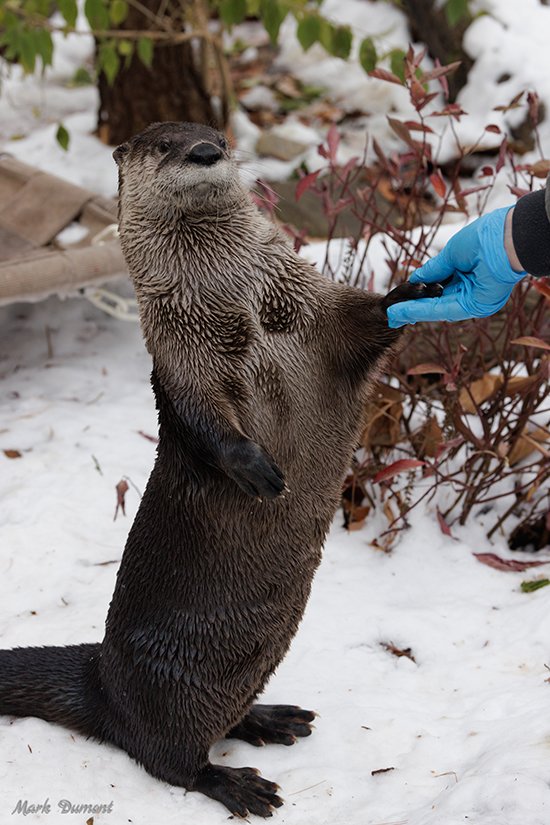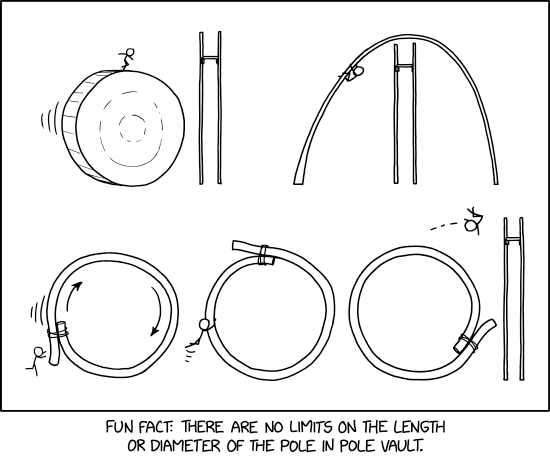The December Comfort Watches 2025, Day Twenty-Three: Monsters, Inc
Dec. 23rd, 2025 07:50 pm

Because I am a nerd — no, really — every time I watch Monsters, Inc. I think about the biology and physiology of its monsters. As in, I very strongly believe that all the different monsters in the film are the same species, rather than separate species of monsters who have all decided to live together in harmony (a la Zootopia). I hypothesize the monster DNA does not strongly code for morphology, and so you get this wide range of body shapes, limb numbers, squish levels, etc, and just because the parents look one way doesn’t mean their offspring look similarly. You never know what you’re going to get until it comes out. So, like apples and dogs, every monster, as a phenotype, is a complete surprise.
Have I thought about this too much? Yes. Yes, I have. But if I have, it’s because Monsters, Inc. has encouraged me to do so. The filmmakers at Pixar, whose fourth film this was, went out of their way to build out a monster world so detailed and complete, and so full of little grace notes, details and Easter eggs, that one can’t help but follow their lead and build it out a little more in one’s head. Thus, the intriguing nature of monster DNA, and how it is (in my head canon, anyway) why you see so many weird and wonderful monster designs in this film.
The story you will know, especially if you were a kid at any point in the 21st century (or had a kid at any point in this time). The monsters under your bed exist, and they are using you for responsible renewable energy! Turns out that the screams of children are an extremely efficient source of clean power (this is not explained, nor should it be). The monster world has become equally efficient at scaring the ever-living crap out of kids, through a corps of professional scarers, who lurk and roar and flash their teeth and fangs and what have you. These scarers are not just municipal workers but the sports stars of the monster world, with other monsters having posters and trading cards of them.
This premise, I will note, could be played for absolute “R”-rated terror, and has been, several times — not necessarily an entire power plant apparatus, but surely the idea of horrifying creatures feeding off the fear of children. But as we all know, life is easy, comedy is hard. The real expert mode is taking this terrifying premise and wringing laughs out of it.
Monsters, Inc. does it by, essentially, being a workplace comedy. The monsters aren’t monsters when they’re off the clock — well, they are monsters, but they’re not scary. They’re just getting through their day like everyone else. Our two protagonists, James P. Sullivan (John Goodman) and Mike Wazowski (Billy Crystal) are your typical Mutt n’ Jeff pairing and workplace partners; Sully, who is big and blue and can roar with the best of them, is a champion scarer, and Mike is his sidekick and support staff, keeping him in shape and making sure they meet their scare quota and then some. Mike and Sully have great chemistry and it’s easy to overlook that they’re the reason you have to put a pee sheet on your kid’s bed.
The film also flips the script: Yes, the monsters’ job is to scare kids, but the fact is, the monsters are flat-out terrified of children — like a toxic game of tag, if one of the kids touches you, you could die. Even a sock brought back into the monster world is cause for a biological detoxification regimen not seen this side of a chemical spill. So naturally a toddler named Boo slips into the monster world and follows Mike and Sully home, and from there — well, things get squirrely. There is also some workplace espionage, and a subplot with Mike trying to get a girlfriend, and tales of energy extraction gone too far, but you hopefully get the point, which is that the filmmakers decided that the terror aspects of the film were the least interesting things to follow up on.
I love all of this. Also, it shouldn’t be a surprise — this is a Pixar film, and it is rated “G,” so the chance that this movie would go Full Thing were never exactly high to begin with. But anyone who has ever read my work knows that what I’m fascinated with is the mundane in the fantastic. Yes, it’s nice you’re a James Bond villain, but how are you making that work financially and logistically? Sure, there are 300-foot monsters that stomp about, but what is their actual ecology? And so on and so forth. It’s no great trick to make a monster. It is a trick to make a monster city where there is a logical reason for monsters to do what they’re famous for doing, and where doing that thing leads to very human complications.
The folks at Pixar are with me on this, overengineering their monster city with gags and bits and sly asides (the fanciest restaurant in town called Harryhausen’s? Chef’s kiss. The tribute to the Chuck Jones – Michael Maltese classic animated short “Feed the Kitty”? Two chef’s kisses! Two!), and giving us characters whose monstrous nature is a source of comedy. Having Sully voiced by John Goodman, an Actual Human Teddy Bear, is inspired, especially for his scenes with Boo. Meanwhile, Mike Wazowski is a literal ball of anxiety, and Billy Crystal has never been better cast. I would watch an entire movie of Mike and Sully just riffing, a fact which informs Monsters University, the movie’s sequel (well, prequel), which is not as good as the original but that hardly matters because we get more time with these two.
Monsters, Inc., is probably no one’s pick for the best film Pixar has ever made (that’s probably Toy Story 2, maybe Wall-E, with Coco being the dark horse candidate), but as I noted before, this series isn’t about the best movies, it’s about the movies I can settle in and rewatch over and over. Of all the Pixar films, Monsters, Inc., is this for me. You probably won’t weep watching this, like you might with those other Pixar films I mentioned. This one is thoroughly low-stakes. But low stakes is okay! I love looking at it, and keep wanting to be able to look around corners and go into shops and see how all the monsters are going ahead and living their lives.
There’s a whole world here I want to explore, and many things I want to speculate about. I want to tell the monsters my theory about their DNA. I’m sure that will go over super well.
— JS















 When I opened Instagram yesterday, the first video to come up was from one of my favorite food content creators, Justine Dorion (perhaps better known as
When I opened Instagram yesterday, the first video to come up was from one of my favorite food content creators, Justine Dorion (perhaps better known as 





